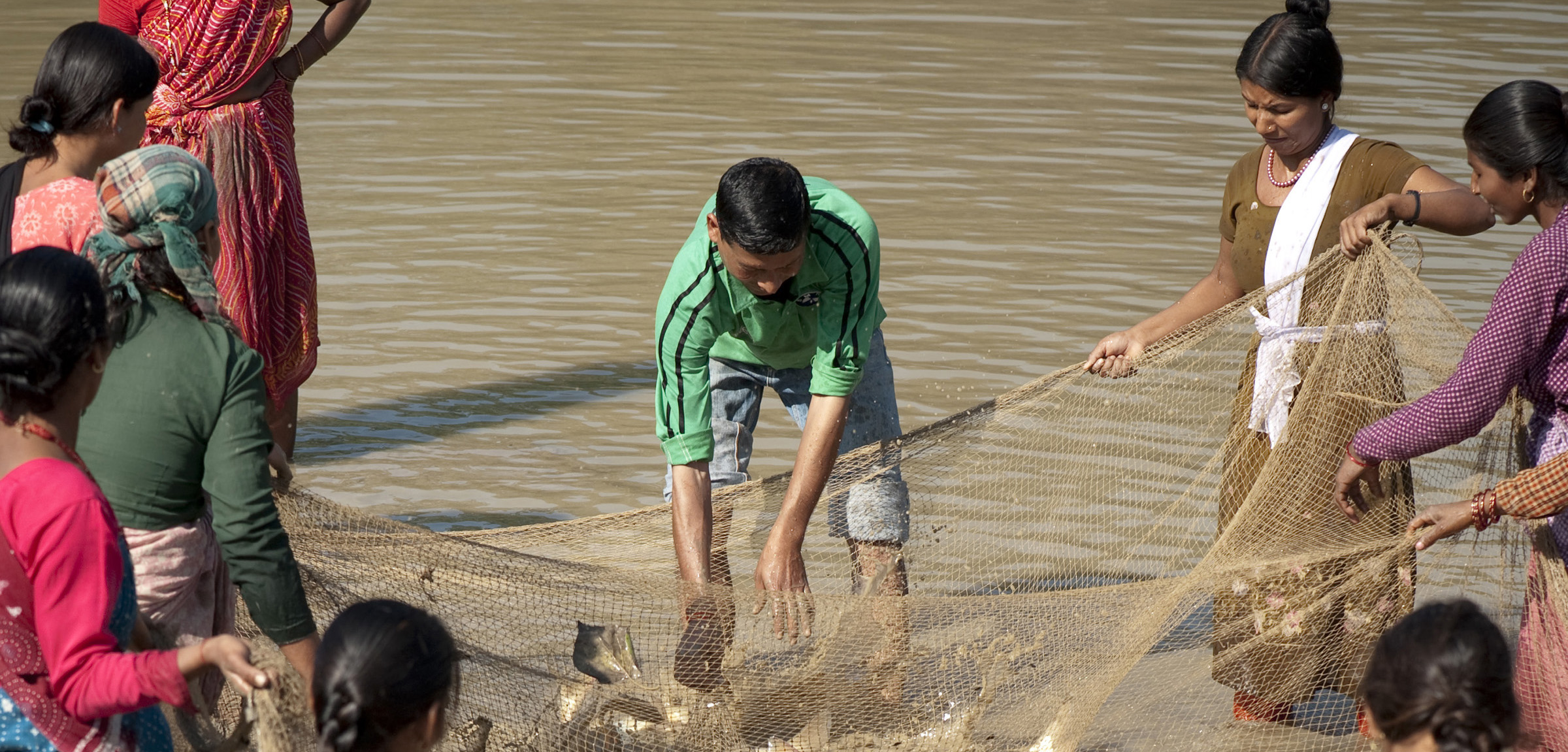Monitoring, Evaluation & Impact
These processes are essential not only to maintain credibility with programme participants but also to ensure accountability to funders and stakeholders. Overall, we take a participatory approach to M&E aiming at facilitating social change and local empowerment. For this reason, we work closely with local experts and engage teams of interdisciplinary expertise and complementary perspectives. We offer to our clients excellent methodological skills in M&E as well as a wide range of M&E tools. We conduct (complex) programme evaluations and impact assessments and develop and implement (digital) monitoring systems. We are a member of DeGEval and actively contribute to ongoing discourses and developments within the M&E field, remaining attuned to current trends and practices.

